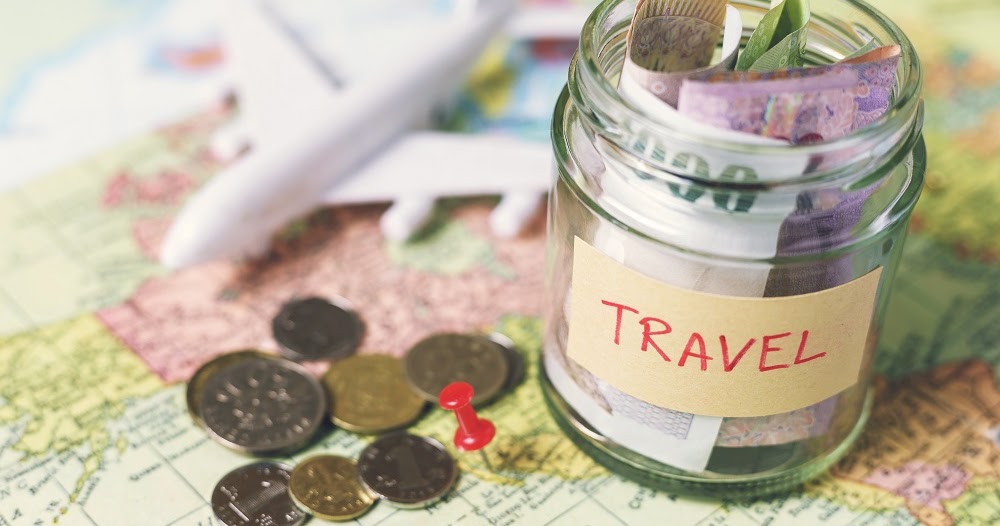Traveling on a budget doesn’t mean you have to miss out on memorable experiences. With a bit of planning and flexibility, you can enjoy amazing destinations without overspending. Below are some practical tips to help you save money while making the most out of your trips.
1. Create a Realistic Travel Budget
Before booking anything, sit down and draft a travel budget that reflects your financial limits. This should cover your expected expenses like flights, accommodation, food, and entertainment. Having a daily spending limit helps you stay disciplined and avoid unnecessary purchases.
2. Take Advantage of Off-Season Travel
The time of year you choose to travel can significantly impact costs. By traveling during off-peak seasons, you can save on flights, accommodations, and even popular tourist attractions. Not only will prices be lower, but you’ll also avoid the crowds, making for a more enjoyable experience.
3. Search for Flight Deals in Advance
Flight prices can fluctuate greatly, but being flexible with your travel dates and booking well in advance can lead to serious savings. Use fare comparison websites or apps like Skyscanner, and set alerts for the cheapest flights. Midweek flights or less popular times of day can often be cheaper.
4. Consider Alternative Accommodations
While hotels can be convenient, they are often the most expensive option. Instead, look for alternatives such as guesthouses, hostels, or vacation rentals on platforms like Airbnb. If you’re feeling adventurous, couch-surfing can provide not only free accommodation but also a chance to connect with locals.
5. Prepare Your Own Meals
Dining out for every meal can quickly drain your budget. If your accommodation includes a kitchen, take advantage of it by preparing some of your own meals. Visiting local markets to buy fresh produce can also add a cultural experience to your trip. Even something as simple as packing snacks or breakfast items can help reduce food costs.
6. Use Public Transportation
Rideshare services and taxis may seem convenient, but they are often more expensive than public transportation. Many cities have reliable bus, tram, or subway systems that can take you wherever you need to go. Look for daily or weekly passes to save even more. Walking or renting a bicycle can also be an affordable and healthy way to explore new places.
7. Book Tickets for Attractions in Advance
Some tourist attractions offer discounted rates when tickets are purchased online in advance. Research the places you want to visit and see if early bookings or group tickets are available. This approach also helps you avoid long lines at popular sites.
8. Seek Out Free Experiences
Every destination has its own unique free attractions. From public parks to museums with no entry fee, research ahead of time to find the best budget-friendly activities in the area. Many cities offer free walking tours, which are a great way to learn about the culture and history without spending a dime.
9. Maximize Travel Rewards
If you travel often, using a credit card that offers travel rewards can help you earn points or miles that can be redeemed for free or discounted flights, hotel stays, or other travel-related expenses. Make sure to pay off your balance each month to avoid interest charges, ensuring that your rewards work to your advantage.
10. Avoid Tourist Traps
Restaurants and shops near major tourist attractions tend to have inflated prices. To avoid these tourist traps, take a short walk away from the main areas and you’ll likely find more affordable, local spots with authentic cuisine. It’s also a great way to experience the destination like a local.
Conclusion
Traveling on a budget doesn’t mean compromising on experiences. By planning ahead, making smart choices, and exploring cost-saving options, you can stretch your budget while enjoying all that your destination has to offer. From booking flights early to making use of public transport, every small saving adds up to a bigger travel adventure.

Be First to Comment